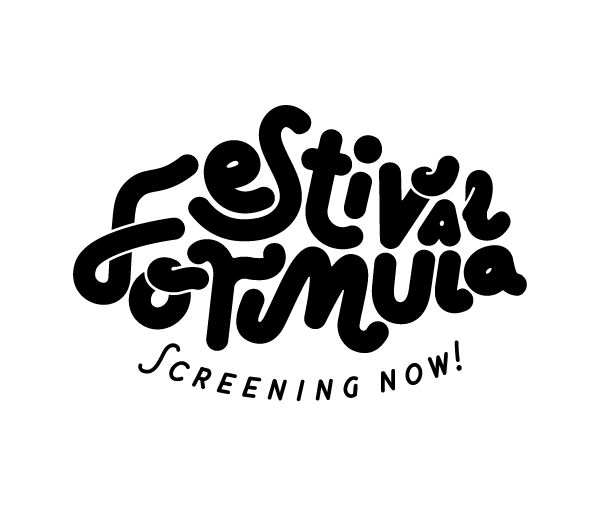Female-identifying filmmaker focus: Mahdie Toosi
A day dedicated to representing half of the population is a challenging task. One could see International Women’s day as an opportunity to praise society’s journey with women’s rights and for others a day to highlight the many issues that still occur.
Unfortunately, some see it as an inconvenient day of indulgent internet drivel and honestly, I understand. Most commonsensical female-identifying members of this planet do not wish to be patronised but severe pay gaps between men and women, reproductive rights depleting, and women facing severe human liberty issues highlight to me these are still very important conversations to have.
Written & interviewed by Kate Stocker-Wright
I do not have the answers, and I very much wish I did. It seems to be very hard to get things done and scarily history seems to be repeating itself. All I can confidently declare is I love stories, in all of their forms. To understand humans we must hear stories. We are fortunate to live in a world and time where it is very easy to tell our story but with so many to tell it is easy not to listen.
At Festival Formula I am lucky to have the pleasure of watching so many stories in the form of a visual medium. As a team, we are privileged to attend incredible film festivals programming politically and socially relevant, powerful content.
The Festival Formula team viewed incredible films from across the globe at Clermont ISFF. One that stood out to me was Aban (2022) directed by Abbas Taheri and Mahdie Toosi. A poignant and visually intimate French//Iranian production. Aban follows the life of a trans-girl. Whilst their divorced mother coerces Aban to the hospital with the promise of transitional surgery Aban is actually taken to be circumcised, a practice considered a traditional masculine ritual.
We had the pleasure of interviewing Mahdie about filmmaking and her thoughts on women’s role in the film industry.
Hi Mahdie, thank you for taking the time to chat with us. An icebreaker question, what is your treat or drink of choice when watching a film? Or perhaps eating in a cinema//whilst watching a film is an absolute pet peeve?
I drink a cup of tea when I watch a movie.
A great choice, add a sweet biscuit and that is my choice too 🙂 How did you get into filmmaking? What or who inspired you?
I have been interested in making films since I was a child and I was always interested in stories, and the fact that I was reading a story or seeing reality in a picture made me more interested in creating the stories in my mind myself.
I work in the film festival world. We work with many incredible different festivals. Some of which focus on female filmmakers//narratives. Do you think in 2023 this is still a relevant focus?
Yes, focusing on female filmmakers and narratives is still relevant and essential in 2023 because women remain underrepresented in the film industry, and such festivals can help to amplify their voices, inspire aspiring filmmakers, and promote diversity and inclusivity in the industry.
Your film Aban focuses on gender and the fear communities and families can have over the discussion. Where did the desire to tell this story come from?
Circumcision is a religious belief in Iran and all males must be circumcised before age 15. Some parents take their newborn boy to be circumcised while others do it later. I, the writer, came to this conclusion while I was writing the scenario what if Aban was trans and what challenges they might encounter during the process of their circumcision? And gradually Aban’s character was created.
Did working on the film challenge your perception of femininity in any way?
Working on a film can challenge preconceived notions about femininity by exposing one to diverse perspectives and experiences, such as female filmmakers who portray women in non-stereotypical ways. Being part of a creative process that values diversity can promote greater empathy and understanding of different perspectives, potentially reshaping societal norms.
What does International Women’s Day mean to you? Please feel free to share any positive or negative feelings about it.
International Women's Day is a global celebration of the social, economic, cultural, and political achievements of women. It is a day to recognize the ongoing struggle for gender equality and to celebrate the contributions of women to society. I believe that it is still relevant and important to have this day, as gender inequality and discrimination still persist in many parts of the world. However, the ultimate goal is to create a world where gender equality is the norm, and International Women's Day will become obsolete.
Do you wish to share with our readers any Iranian female-identifying filmmakers or films that you believe are making big changes to the film industry?
There are Iranian female filmmakers who all have pure ideas. I can mention Azadeh Mousavi, and Anahita Qazvinizadeh… but I must also mention Farhad Taheri as a director who deals with women's issues with a special perspective and in the project we are working on now, together, we depict wonderful results.
Mahdie is working on a number of projects at present, we wish her all the best with them and can’t wait to see what she does next. Aban has screened at Tallinn Black Nights Film Festival (PÖFF) as well as Clermont ISFF in the national competition. Aban will next screen at BFI Flare London LGBTQIA+ Film Festival 2023 with the feature film Mel on Saturday 18th and Sunday 19th of March.



